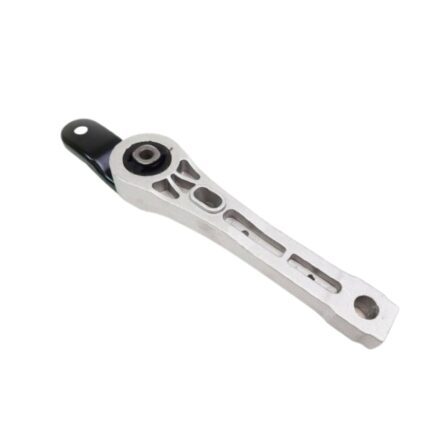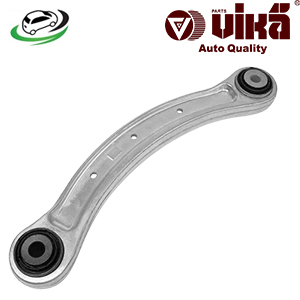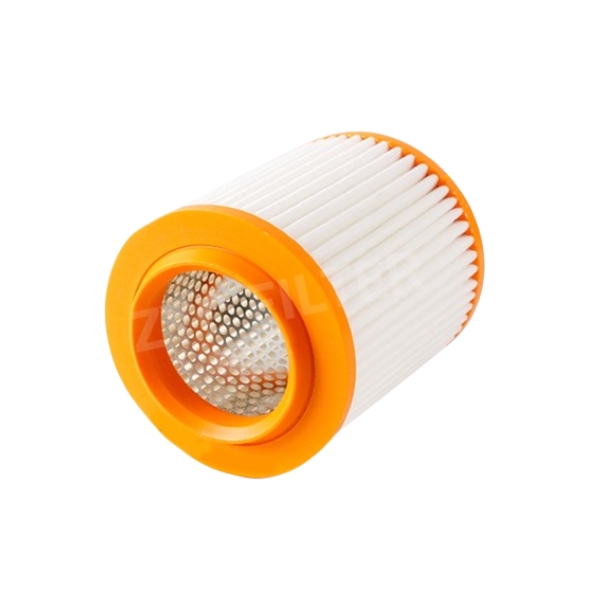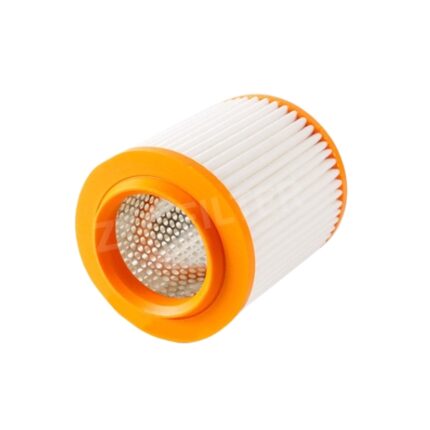-15%
Get AUDI A8 D3 (4E2/4E8) Engine Air Filter 4E0129620D in Kenya
The engine air filter is a vital component in a vehicle’s air intake system. It plays a crucial role in maintaining engine performance, efficiency, and longevity by ensuring that the air entering the engine is clean and free of contaminants. This overview explores the function, construction, common issues, and maintenance of the engine air filter.
Function of the Engine Air Filter
The primary function of the engine air filter is to clean the air that enters the engine. This air, which mixes with fuel to create combustion, must be free of dust, dirt, and other debris to ensure optimal engine performance and longevity. Here’s a breakdown of its key functions:
- Contaminant Removal:
- Filtering Air: The air filter captures airborne contaminants such as dust, dirt, pollen, and other particles before they enter the engine. This prevents these particles from causing abrasion and damage to the engine’s internal components.
- Preventing Clogging: By filtering out contaminants, the air filter prevents the intake system from becoming clogged, which can lead to reduced engine efficiency and performance.
- Enhancing Engine Efficiency:
- Air-Fuel Mixture: Clean air allows for proper mixing with fuel, ensuring efficient combustion. This contributes to better fuel economy and smoother engine operation.
- Optimal Performance: A well-maintained air filter ensures that the engine receives the right amount of clean air, which is essential for maintaining optimal power output and acceleration.
- Protecting Engine Components:
- Reducing Wear: By filtering out harmful particles, the air filter helps reduce wear and tear on engine components such as the cylinders, pistons, and valves.
- Preventing Damage: It also prevents contaminants from entering sensitive components like the turbocharger or mass air flow sensor, which can be costly to repair.
Construction of the Engine Air Filter
The engine air filter is typically made up of several key components designed to ensure effective filtration:
- Filter Media:
- Paper: Most engine air filters use a pleated paper media. The paper is treated to enhance its filtration efficiency and is often folded in pleats to increase surface area.
- Cotton or Foam: Some high-performance air filters use cotton or foam media, which can provide better filtration and airflow compared to paper.
- Filter Frame:
- Support Structure: The filter media is supported by a frame, usually made of plastic or metal, which provides structural integrity and helps maintain the filter’s shape.
- Sealing: The frame includes a sealing element that ensures a proper fit within the air filter housing, preventing unfiltered air from bypassing the filter.
- End Caps:
- Attachment: The end caps, often made of metal or durable plastic, are attached to the ends of the filter media and help secure it within the filter housing.
- Durability: The end caps provide additional protection and durability, ensuring that the filter can withstand the airflow and pressure within the intake system.
- Gaskets or Seals:
- Air Tight Seal: Gaskets or seals around the filter ensure an airtight connection between the filter and the air filter housing, preventing air leaks and maintaining effective filtration.
Common Issues and Symptoms
The engine air filter can experience several issues over time, impacting its performance and the vehicle’s overall efficiency. Recognizing the symptoms of a clogged or damaged air filter can help address problems early:
- Reduced Engine Performance:
- Symptom: Noticeable decreases in acceleration, power, and overall engine performance can indicate a clogged air filter.
- Cause: A clogged filter restricts airflow to the engine, leading to inefficient combustion and reduced performance.
- Poor Fuel Economy:
- Symptom: A drop in fuel economy can occur if the air filter is not allowing enough air into the engine.
- Cause: Insufficient airflow can cause the engine to use more fuel to achieve the desired power output, reducing overall fuel efficiency.
- Unusual Engine Sounds:
- Symptom: Increased engine noise or unusual sounds such as sputtering or backfiring may be a sign of an air filter issue.
- Cause: A clogged air filter can cause the engine to struggle with airflow, resulting in abnormal engine operation and sounds.
- Check Engine Light:
- Symptom: The check engine light may illuminate if the air filter is severely clogged or if it is affecting engine sensors.
- Cause: The vehicle’s engine control unit (ECU) may detect issues related to airflow and trigger the check engine light.
- Visual Signs of Dirt:
- Symptom: A visibly dirty or clogged air filter is a clear indication that it needs replacement.
- Cause: Accumulation of dust, dirt, and debris on the filter media can affect its performance and filtration efficiency.
Maintenance and Replacement
Proper maintenance and timely replacement of the engine air filter are essential for ensuring vehicle performance and efficiency. Here are some tips for maintaining and replacing the air filter:
- Regular Inspection:
- Check Interval: Inspect the air filter regularly, following the vehicle manufacturer’s recommended maintenance schedule. Typically, air filters should be checked every 12,000 to 15,000 miles or once a year.
- Visual Inspection: Look for visible signs of dirt, damage, or clogging. If the filter appears dirty or clogged, it may need to be replaced.
- Cleaning (if applicable):
- Reusable Filters: Some high-performance air filters are designed to be cleaned and reused. Follow the manufacturer’s instructions for cleaning and re-oiling reusable filters.
- Avoid Over-Cleaning: For disposable filters, cleaning is not recommended, as it can damage the filter media. Instead, replace the filter as needed.
- Replacement:
- When to Replace: Replace the air filter if it is visibly dirty, clogged, or damaged. A clogged filter can lead to reduced engine performance and fuel economy.
- Procedure: To replace the air filter, remove the air filter housing cover, take out the old filter, and install the new one. Ensure that the new filter is properly seated and the housing cover is securely fastened.
- Professional Help:
- Mechanic Assistance: If you are unsure about inspecting or replacing the air filter yourself, consult a professional mechanic. They can ensure proper installation and check for any related issues.
Benefits of a Well-Maintained Air Filter
Maintaining a clean and functional engine air filter offers several benefits for vehicle performance and efficiency:
- Improved Engine Performance:
- Optimal Airflow: A clean air filter ensures that the engine receives the right amount of clean air for optimal combustion, resulting in better performance and acceleration.
- Enhanced Fuel Efficiency:
- Better Fuel Economy: Proper filtration helps the engine operate efficiently, leading to improved fuel economy and reduced fuel consumption.
- Extended Engine Life:
- Reduced Wear: By preventing contaminants from entering the engine, the air filter helps reduce wear and tear on internal components, extending engine life.
- Reduced Emissions:
- Cleaner Combustion: A well-maintained air filter supports cleaner combustion, which can help reduce vehicle emissions and contribute to a lower environmental impact.
- Improved Cabin Air Quality:
- Indirect Benefit: While the engine air filter does not directly impact cabin air quality, a clean filter helps maintain overall vehicle efficiency, which can indirectly contribute to better air quality within the cabin.
Follow us on Facebook for more parts.




